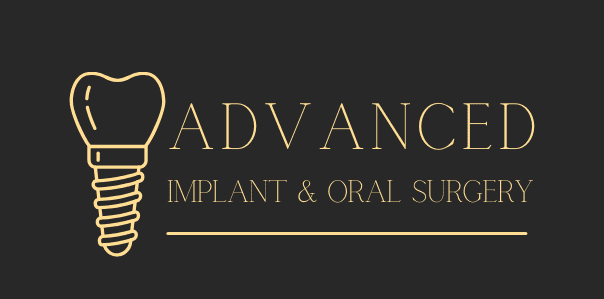Many people start their day with a bowl of cereal. It’s quick, tasty, and easy. But, did you know that cereal can harm your teeth? Making smarter choices and maintaining good oral hygiene can help you enjoy your favorite breakfast without compromising your dental health.

High Sugar Content
Most cereals contain high amounts of sugar. Sugar is a major cause of tooth decay. When you eat sugary cereals, the sugar sticks to your teeth. Bacteria in your mouth feed on this sugar. They produce acids that attack your tooth enamel. Over time, these acids can cause cavities and other dental issues.
Many popular cereals target children and are loaded with sugar. These cereals often have bright colors and fun shapes. They may look appealing, but they are not good for your teeth. Even cereals marketed as “healthy” can have hidden sugars. For example, some granolas and mueslis contain honey, syrups, or dried fruits, which add to the sugar content.
Reducing sugar intake helps protect your teeth. Choose cereals with low or no added sugar. Look for options with whole grains and natural ingredients. Reading the nutrition label can help you make better choices. Aim for cereals with less than 5 grams of sugar per serving.
Sticky Texture
Some cereals have a sticky texture. This texture makes them cling to your teeth. Sticky foods are harder to remove. They increase the risk of plaque buildup. Plaque can lead to cavities and gum disease. Sticky cereals can be particularly problematic because they stick to the grooves and crevices of your teeth.
Granola and oatmeal can be sticky, especially when combined with milk or yogurt. Chewy cereals, like those with marshmallows or clusters, also pose a risk. When these cereals stick to your teeth, they create a perfect environment for bacteria to thrive. This can lead to an increase in plaque and tartar buildup.
- Granola and oatmeal can be sticky.
- Chewy cereals are also problematic.
- Rinse your mouth with water after eating.
Brushing and flossing after eating helps remove sticky residues. Don’t skip these important steps! If you can’t brush immediately after eating, at least rinse your mouth with water. This can help wash away some of the sticky particles and reduce the risk of plaque buildup.
Acidic Ingredients
Many cereals contain acidic ingredients. Acids can erode tooth enamel. Erosion makes your teeth more vulnerable to decay. Some cereals are fortified with vitamins and minerals. These additions can increase acidity. For example, cereals with added vitamin C or citric acid can be more acidic.
Acidic foods and drinks can soften your tooth enamel. When enamel erodes, it exposes the underlying dentin. This can lead to increased sensitivity and a higher risk of cavities. It’s important to be mindful of the acidic content in your diet, including your choice of cereal.
- Look for cereals without added acids.
- Pair cereal with milk to neutralize acids.
- Avoid cereals with vitamin C or citric acid.
Balancing your diet helps maintain healthy teeth. Include foods that neutralize acids in your meals. For example, dairy products like milk and yogurt can help neutralize acids and protect your enamel. Drinking water throughout the day also helps wash away acids and food particles.
